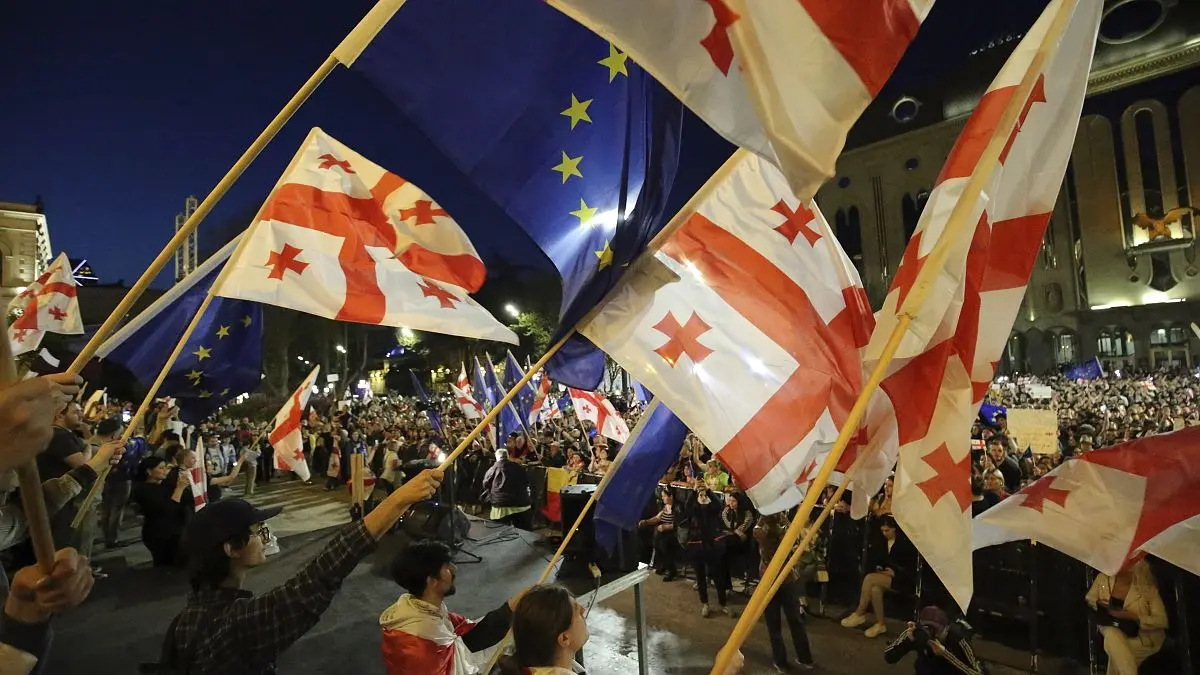Can someone explain the problem with this? A large threat to any sovereign nation is having a captured media by an unfriendly actor.
I’m not sure which organizations the law is really aimed at, but it seems like it would mean that anyone in Georgia who wants to get involved with some international NGO — Amnesty International, Extinction Rebellion, Doctors Without Borders, the Red Cross, FSF Europe, or whatever — would be required to register as an agent of foreign influence.
In countries where the trust in public institutions is low, such laws are understood to be a tool that’s not going to be applied equally.
A large threat to any sovereign nation is having a captured media by an unfriendly actor.
Exactly. It’s a fight between Pro-Russian and Pro-Western forces over media access. The Pro-Russian forces want to shove down the Pro-Western media and vice-versa. Which side you see as “unfriendly” depends on which side you personally are on.
But surely having a list of what media is captured is a good first step to stop either the pro-US or pro-Russian propaganda machines?
I wouldn’t use “Pro US” here. We’re discussing Georgia and the E.U. is heavily involved so I think “Pro Western” is more accurate.
Regardless of that I don’t know that a list is necessary, the tilt involved in media is normally pretty apparent. Additionally while I can’t read the law myself I’m going to guess that there’s more to this law than simple list making. I’ll have to see if I can find an English or German translation in order find out.
Edit: As I suspected there’s a lot more to it than list making. I can’t read Georgian but if the ICNL is too be believed this legislation has a whole host of problems.
https://www.icnl.org/wp-content/uploads/02.2023-Georgia-Draft-Foreign-Agents-Law-Summary-updated.pdf
This is the best summary I could come up with:
Thousands of people in Georgia have again taken to the streets of the capital Tbilisi to protest against the controversial foreign influence transparency law.
The divisive draft law requires media and non-commercial organisations to register as being under the foreign influence if they receive more than 20% of their funding from abroad.
Critics have dubbed it ‘the Russian law’, because Moscow uses similar legislation to stigmatise media and organisations seen as being at odds with the Kremlin.
Many protesters fear the proposed legislation would undermine democracy and derail the country’s chances of joining the European Union.
Either we save our country and maintain our European path, or we lose our homeland," said protester Ana Subeliani, “But this energy and faith, the number of youngsters here, gives me hope that we will have victory at the end”.
But despite fierce public opposition, the ruling Georgian Dream party appears determined to press ahead with the law.
The original article contains 322 words, the summary contains 154 words. Saved 52%. I’m a bot and I’m open source!





